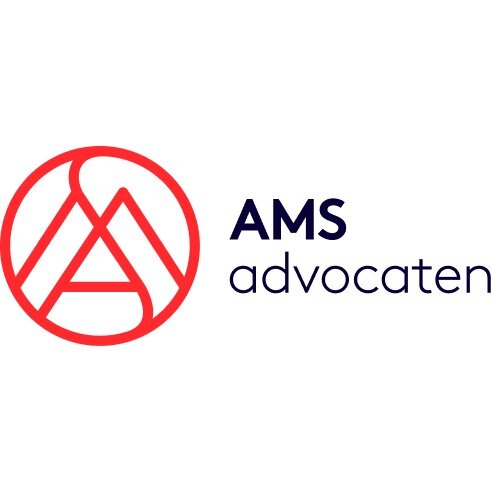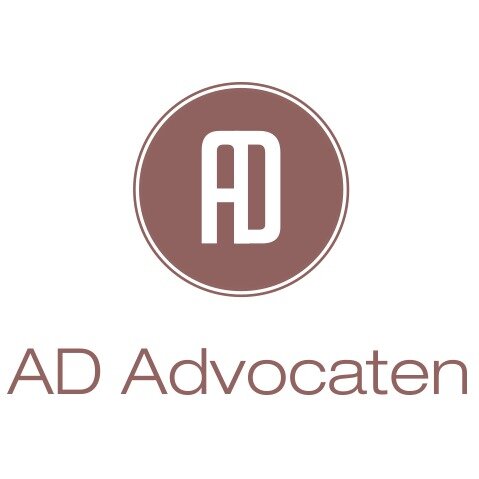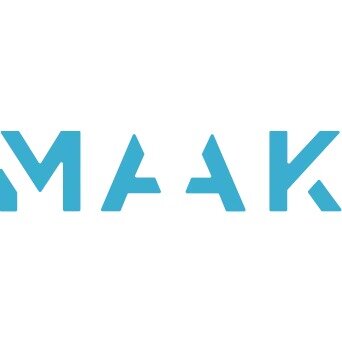Best Corporate Governance Lawyers in Amsterdam
Share your needs with us, get contacted by law firms.
Free. Takes 2 min.
List of the best lawyers in Amsterdam, Netherlands
About Corporate Governance Law in Amsterdam, Netherlands
Corporate Governance refers to the systems, principles, and processes by which companies are directed and controlled. In Amsterdam, as throughout the Netherlands, these laws focus on ensuring transparency, accountability, and ethical conduct within corporate structures. Corporate Governance standards in the Netherlands emphasize the proper balance of power among a corporation's management, board of directors, shareholders, and other stakeholders. These principles aim to safeguard the interests of all parties and help businesses operate in compliance with Dutch regulations and international best practices.
Why You May Need a Lawyer
Legal guidance on Corporate Governance may be necessary in a variety of situations. Common scenarios include resolving disputes between shareholders and management, structuring a new business or restructuring an existing one, compliance with laws and codes of conduct, mergers and acquisitions, or facing regulatory investigations. A lawyer can help navigate complex rules, advise on risk management, assist with drafting and reviewing governance policies, and represent clients in negotiations or court proceedings if required. Having legal advice ensures that your corporate structure and internal processes remain compliant and resilient.
Local Laws Overview
Corporate Governance in Amsterdam is primarily guided by Dutch law, mainly the Dutch Civil Code (Burgerlijk Wetboek) and the Dutch Corporate Governance Code. Key aspects include requirements for board structures (one-tier or two-tier), directors' duties and liabilities, shareholder rights, and mandatory transparency and disclosure. The Dutch Corporate Governance Code promotes principles of good governance for listed companies, but non-listed companies often adopt similar standards. Dutch legislation also addresses aspects such as conflict of interest management, executive remuneration, and whistleblower protection. Regulatory oversight is provided by bodies such as the Netherlands Authority for the Financial Markets (AFM).
Frequently Asked Questions
What is the Dutch Corporate Governance Code?
The Dutch Corporate Governance Code is a set of principles and best practices for listed companies on the Euronext Amsterdam stock exchange. It covers management, supervision, remuneration, and relations with shareholders, aiming to improve transparency and accountability.
Are non-listed companies also required to follow the Dutch Corporate Governance Code?
While the Code is mandatory only for listed companies, many non-listed companies in Amsterdam voluntarily comply with its provisions to enhance their governance standards and gain stakeholder trust.
What are the primary duties of directors under Dutch law?
Directors must act in the company’s best interests, exercise due care and diligence, avoid conflicts of interest, and ensure compliance with applicable laws and regulations.
How are conflicts of interest handled?
Directors and officers must report any conflict of interest to the board, abstain from decision-making in related matters, and ensure full transparency to protect the company’s integrity.
What is the difference between a one-tier and a two-tier board system?
A one-tier board combines executive and non-executive directors in a single board, while a two-tier system separates management and supervisory boards, each with distinct roles and responsibilities.
What rights do shareholders have in Dutch companies?
Shareholders typically have rights concerning voting, information access, dividend distributions, and approval of certain key decisions including amendments to the articles of association and major transactions.
What legal risks do directors face in Amsterdam?
Directors can be liable for mismanagement, breaches of duty, or failing to comply with specific statutory obligations. Serious breaches may result in civil or even criminal liability.
How is executive remuneration regulated?
For listed companies, executive remuneration must comply with transparency requirements and often needs shareholder approval. The Dutch Code emphasizes aligning compensation with long-term company interests.
How can companies strengthen their Corporate Governance?
Establishing clear governance policies, regular training for board members, implementing codes of conduct, fostering transparent communication, and conducting internal and external audits all help improve Corporate Governance practices.
Who enforces Corporate Governance standards in the Netherlands?
Regulatory oversight is provided by the Netherlands Authority for the Financial Markets (AFM), the Dutch Central Bank (DNB), and the Enterprise Chamber of the Amsterdam Court of Appeal, depending on the nature of the issue.
Additional Resources
- Netherlands Authority for the Financial Markets (AFM): The regulatory body overseeing fair and transparent financial markets. - Dutch Ministry of Justice and Security: Provides information and regulation guidelines on corporate legal structures. - Dutch Corporate Governance Code Monitoring Committee: Oversees compliance and updates to the Dutch Corporate Governance Code. - Kamer van Koophandel (KvK) - Chamber of Commerce: Offers company registration, compliance, and governance resources. - Enterprise Chamber (Ondernemingskamer) of the Amsterdam Court of Appeal: Handles legal disputes related to corporate governance and structure. - Legal clinics and specialized law firms in Amsterdam with Corporate Governance practice areas.
Next Steps
If you are seeking legal advice or support in Corporate Governance matters in Amsterdam, start by clearly outlining your objectives and gathering relevant documents such as articles of association, board minutes, shareholder agreements, and company policies. Identify if your issue requires immediate action, such as legal compliance violations or ongoing disputes. Consider consulting a specialized Corporate Governance lawyer in Amsterdam for tailored advice and representation. Many law firms offer initial consultations to review your case and suggest next steps. You may also reach out to governmental or industry bodies for additional support and resources. Acting promptly helps protect your rights and ensures your business operates within the legal framework of the Netherlands.
Lawzana helps you find the best lawyers and law firms in Amsterdam through a curated and pre-screened list of qualified legal professionals. Our platform offers rankings and detailed profiles of attorneys and law firms, allowing you to compare based on practice areas, including Corporate Governance, experience, and client feedback.
Each profile includes a description of the firm's areas of practice, client reviews, team members and partners, year of establishment, spoken languages, office locations, contact information, social media presence, and any published articles or resources. Most firms on our platform speak English and are experienced in both local and international legal matters.
Get a quote from top-rated law firms in Amsterdam, Netherlands — quickly, securely, and without unnecessary hassle.
Disclaimer:
The information provided on this page is for general informational purposes only and does not constitute legal advice. While we strive to ensure the accuracy and relevance of the content, legal information may change over time, and interpretations of the law can vary. You should always consult with a qualified legal professional for advice specific to your situation.
We disclaim all liability for actions taken or not taken based on the content of this page. If you believe any information is incorrect or outdated, please contact us, and we will review and update it where appropriate.















